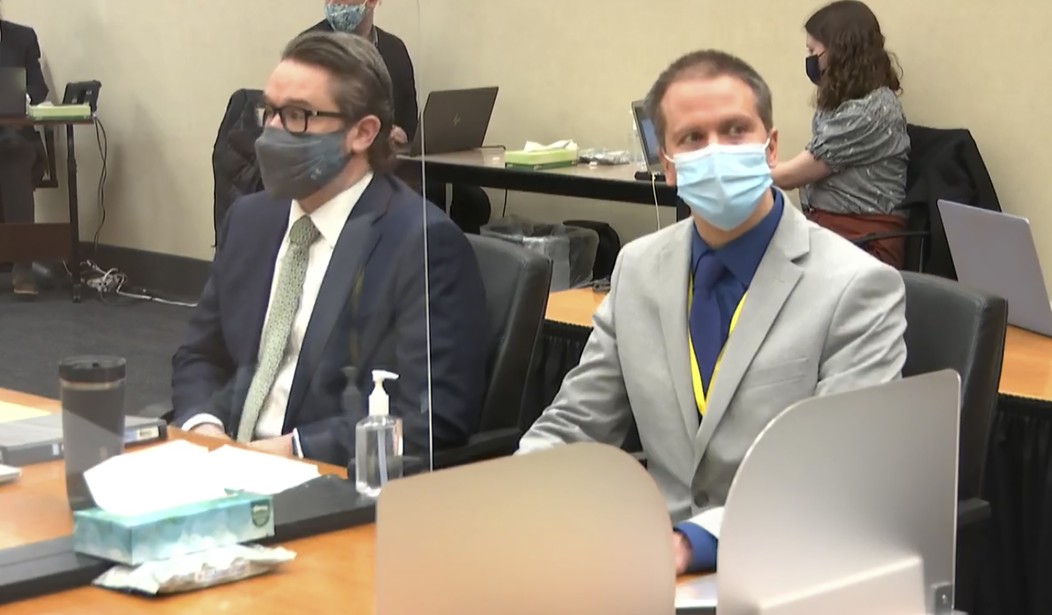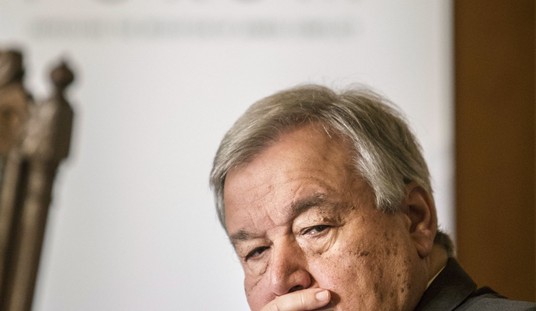When news hit Tuesday afternoon that the jury had reached a verdict in the Derek Chauvin murder trial, my initial reaction was that the speed of their decision likely meant some form of compromise — eliminating consideration of the most serious charge in favor of a quick agreement on the two less serious charges. While they were technically in deliberations for just over ten hours, they spent less time than that considering the evidence. Before starting that task they would have organized themselves by picking a foreperson and then come to some agreements on how to proceed with the task before them. In my experience, the jurors almost always want to read the jury instructions for themselves — up to that point they have only had them read to them, and only one time — because they think there are answers in the jury instructions on what they are supposed to do.
Only after those two tasks are accomplished do jurors begin to express views on the evidence. There was probably a lunch break — bailiffs tend to let jurors know that lunch will be paid for and brought to them because the bailiffs eat for free too. It was somewhere around 3:00 pm local time Tuesday that it was announced that they had a verdict. My rough estimation would be that they spent less than five total hours actually discussing the evidence in the case.
The law does not allow a judgment to be made by outsiders about whether that is “too much” or “not enough” time. The jury takes whatever time the jury decides is necessary, and their judgment in that regard is not subject to review. Just about the only issue that takes a challenge inside deliberations is evidence that one or more jurors brought information into the deliberations that was not part of the evidence presented at trial. That is juror misconduct, and it can be a basis for reversal.
Given all the circumstances, it’s clear that any compromise that would have led all 12 jurors to agree to set aside the most serious offense would not have come about so quickly — and the more logical conclusion from the announcement of a quick verdict was that it would be guilty on all counts, which turned out to be the case. In my view, this is partly the result of the charge of second-degree murder in Minnesota being a relatively broad charge in the manner it was employed here. The theory of the prosecution on the Second Degree murder charge only required that the government prove “unreasonable” — and therefore wrongful — use of force against Floyd, that Floyd died, and that the “unreasonable” forced was a substantial factor in bringing about Floyd’s death.
After they had the guilty verdict on the most serious crime, they really didn’t need to deliberate at all on either of the next two counts — they are both less serious versions of the charge they already found him guilty on, so they had even less to decide on the charges of 3rd Degree Murder and Manslaughter. The elements were slightly different, but the same facts they found to be true as to the Second Degree murder charge would dictate their decision on the two lesser charges.
Obtaining a reversal on appeal when the issue being appealed is the “sufficiency of the evidence” is the most difficult task which a convicted defendant faces. That’s because an appeal is not a “retrial” of the evidence. When the “sufficiency of the evidence” is being contested, the facts are considered by the appellate court in the light most favorable to the prosecution. For the most part, credibility determinations are resolved in favor of the prosecution — the jury believed the prosecution’s experts and not the defense experts on the issues that were disputed. It is hard to get around that principle on appeal.
Ineffectiveness of counsel is also a basis upon which to appeal. But the standard for what constitutes “minimally” effective counsel is pretty low. Appellate court decisions are littered with what seems like ineffective performances by defense counsel in criminal cases that are nevertheless upheld as clearing the low threshold for constitutional effectiveness.
I do not think anything I saw from defense counsel Eric Nelson suggests any level of “ineffectiveness” that would support a legitimate claim on Chauvin’s behalf. He did what I would consider a decently competent job. As I have noted in other articles, because of my own work schedule I was not able to see much of the first two weeks of the trial other than what I could sample after the day was over, and what I read about from other sources.
But the practical reality here was that he was not defending simply against charges brought by one prosecutorial agency against his client; he was defending against a nationwide movement and his client was the poster child of that movement’s “enemy.”
I don’t know anything about the appellate process in Minnesota, so I have no opinion at this point about how welcoming Minnesota appeals courts are with respect to appeals from criminal convictions.
But when his appeal process ends in state court Chauvin will have the right to challenge his conviction in federal courts. This is the little-understood habeas corpus process, where a state court prisoner is allowed to come into federal court and show how his rights under the United States Constitution were violated by the state procedures he was made to endure in the process of sentencing him to prison. Such challenges tend to focus on a defendant’s trial rights as provided for in the Fifth and Sixth Amendments.
I think there are several issues in this case that provide fertile ground for seeking relief from the federal courts with respect to the procedures employed by the Minnesota government to get Chauvin to the place he finds himself today. They will require a long and careful study of the trial court record — both the trial and the events leading up to the trial. I’ll explore some of my thoughts on these issues in stories over the next several days.
But there are two issues that will come up very shortly which I think will be significant.
First, Judge Cahill will need to decide whether to allow Chauvin to remain free on bond pending appeal.*
Second, we need to watch closely the question of whether the Minneapolis Police Department and other big-city police departments begin to see an increased pace of retirements or other separations from employment by police officers. I fear that will be the case, and in much larger numbers than are anticipated.
“There but for the Grace of God go I” — that sentiment might run deep.
(Editor’s Note: Judge Cahill revoked Chauvin’s bond shortly after this piece was published. This piece was also edited for clarity and to correct the amount of time the jurors were in deliberations.)















Join the conversation as a VIP Member